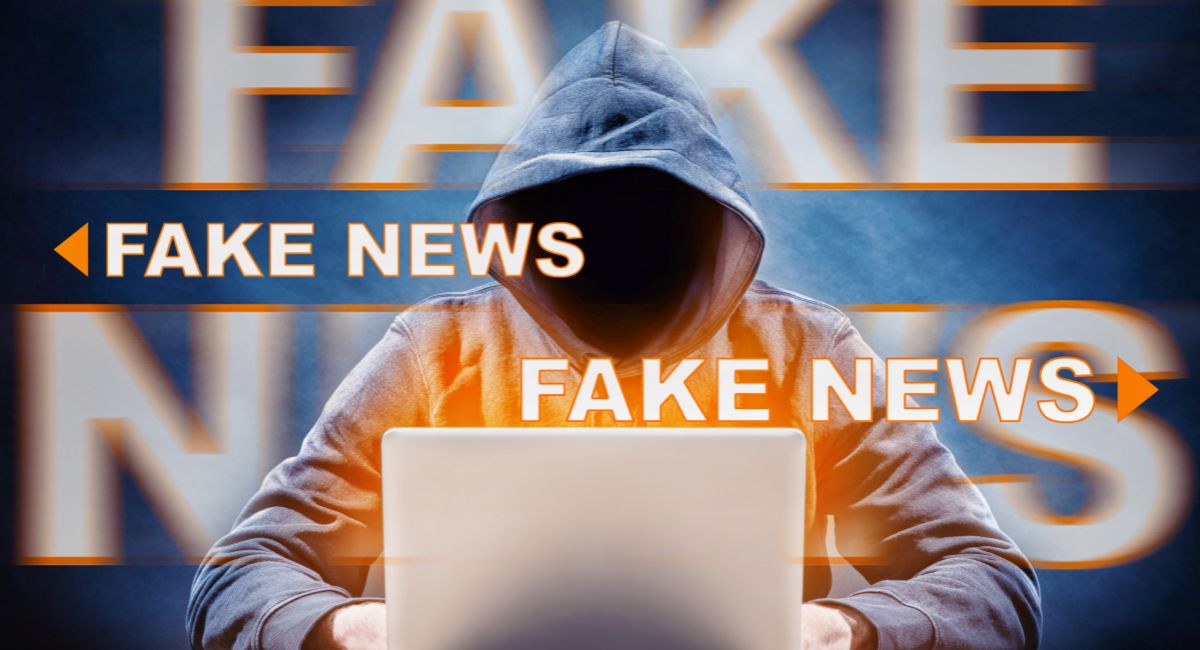Danielle Parenteau-Decker | Richmond Pulse
After the Buffalo Bills’ Damar Hamlin collapsed during a game, many people took to social media to express concern or speculate on what went wrong. Some were sure they knew why, posting footage from the field with claims blaming the COVID vaccine. That Hamlin’s vaccination status was not public knowledge did not matter.
That is just one example of the visual COVID disinformation on the internet that both manages to be nearly ubiquitous and to fly under the radar. Social media helps it spread and reach many people. The nature of visual misinformation makes it easy to get taken in by and hard for those fighting it to even find.
Visual content is powerful
“Visual content is particularly powerful in its reach,” said Kathryn Heley, lead author of “Missing the Bigger Picture: The Need for More Research on Visual Health Information,” published last August by SAGE Journals.
Generally, we more likely to pay attention to, understand and remember visuals than text alone, she added.
“Compared to written content alone, the addition of visual content enhances emotional arousal and, in some cases, persuasive impact,” Heley said.
Recontextualized, manipulated or fabricated
Visual disinformation may be recontextualized, manipulated or fabricated, according to the Journalist’s Resource, a project of the Harvard Kennedy School. In the first case, the image is real but taken out of context. With the others, the visuals have been falsified in some way.
The posts about Hamlin are an example of recontextualized disinformation. The clips used were actual TV footage, and he really did suffer a medical emergency. But the claims it resulted from the COVID-19 vaccine were unfounded.
Medical experts said one plausible explanation for Hamlin’s sudden collapse could be a condition called commotio cordis, in which chest trauma with just enough force in just the right spot at just the right time can cause the heart to stop. It is rare but has happened in professional sports.
After Hamlin dropped, “we saw an increase … in social media postings about how this condition was caused by the vaccine, and no one knows his vaccine status,” said Multiethnic Press Secretary Yurina Melara Valiulis of the California Governor’s Office of Planning and Research. “It’s clearly misinformation with maybe a tone of mal-information, the kind of information that is malicious.”




